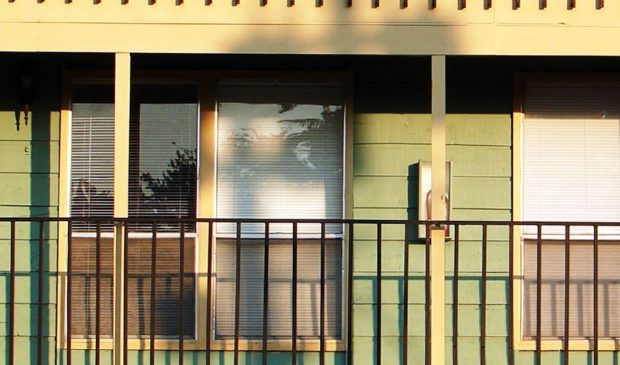City looks to land banks as additional option to curb displacement
Tuesday, April 9, 2024 by
Chad Swiatecki The city will explore using the takeover of tax-delinquent properties as one additional strategy for creating more affordable housing and remedying the displacement of longtime residents who are being priced out of Austin.
As part of the consent agenda at Thursday’s meeting, City Council approved a resolution directing the city manager to identify “viable land acquisition opportunities” in service of long-term affordability, with land banking and the establishment of community land trusts (CLTs) as a priority option.
Land banks and CLTs allow municipalities to purchase delinquent properties and hold them in service of long-term community priorities such as affordable housing, farmland preservation or larger economic development efforts.
The resolution, sponsored by Council Member Natasha Harper-Madison, directs staff to include the Financial Services Department, Austin Economic Development Corporation, Austin Housing Finance Corporation and other relevant entities or community organizations that could be involved in the land bank/CLT initiative.
Council expects to receive a report summarizing possible strategies, including an analysis of potential drawbacks, by December.
Land banks and CLTs were identified as one of the nine most promising tools for combating displacement in The Uprooted Project, a 2018 study from the University of Texas that examined the causes and possible solutions for displacement of longtime Austin residents. The study was particularly focused on ways to prevent the continued flight of residents who are Black, Indigenous and people of color.
In a City Council Message Board post made in advance of last week’s meeting, Harper-Madison said the city needs to utilize more innovative tools to slow and reverse displacement: “CLTs offer a tenable approach to addressing housing needs including community centered, amenities rich balanced development. There’s the added benefit of appropriately pairing with Land Banking,” she wrote.
The resolution was broadly supported during the public comment portion of last week’s meeting, though community activist Zenobia Joseph noted the addition of affordable housing in parts of the city disconnected from affordable mass transit will effectively cordon off those residents from the rest of the city. Joseph specifically targeted the city’s Colony Park project in Northeast Austin as an area that could be left separated from the rest of the city if there is no funding identified soon for the proposed Green Line light rail, which is proposed to reach to Manor and Elgin.
“The commuter rail is never going to Northeast Austin and it is unfunded and has never been funded,” she said. “I want to call to your attention that these are falsehoods that are specifically stated in this resolution.”
Edgar Handal, board vice president of the AURA activist group, said the city would benefit from more community land trust homes like those present in the Govalle neighborhood in East Austin.
“Having these kinds of affordable homes in our own backyard makes me appreciate the neighborhood even more. If I had one complaint, it’s that we could use many more affordable homes, so I’m very happy to see this item,” he said. “It will pair well with efforts like the HOME initiative, making it so that money spent on programs like this goes further.”
Harper-Madison said staff and Council need to pursue more options to establish affordable homes throughout the city.
“We need to continue to explore and utilize all possible tools that we as a city have to address our critical housing shortage and produce more affordable and attainable (housing),” she said. “‘Affordable’ can sometimes be misconstrued. Attainable housing – that means it’s affordable and attainable by you and we need that at every income level and sustainable housing options in all areas of Austin.”
Photo made available through a Creative Commons license.
The Austin Monitor’s work is made possible by donations from the community. Though our reporting covers donors from time to time, we are careful to keep business and editorial efforts separate while maintaining transparency. A complete list of donors is available here, and our code of ethics is explained here.
You're a community leader
And we’re honored you look to us for serious, in-depth news. You know a strong community needs local and dedicated watchdog reporting. We’re here for you and that won’t change. Now will you take the powerful next step and support our nonprofit news organization?









